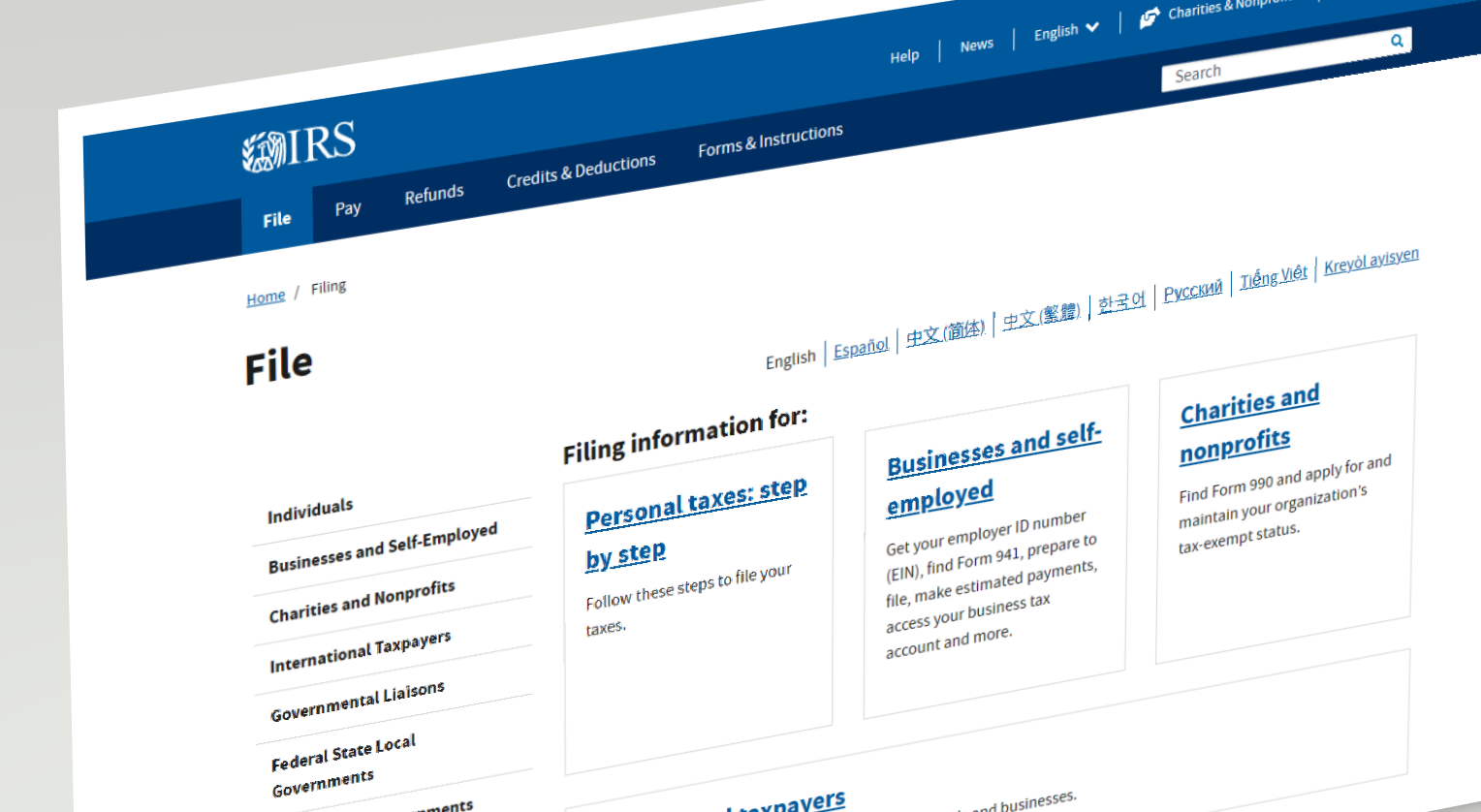Introduction
Public Financial Management (PFM) is the backbone of any government’s financial operations. It encompasses the processes, systems, and institutions used to manage public funds. Effective PFM ensures transparency, allocative efficiency, and accountability. In this blog post, we’ll explore the importance of PFM reforms and their impact on trust, sustainability, and accountability.
Why PFM Reforms Matter
-
Operational Efficiency:
- A well-functioning PFM system streamlines financial operations within government agencies.
- Efficient budget execution, procurement, and accounting contribute to operational excellence.
-
Allocative Efficiency:
- PFM reforms help allocate public funds to priority areas effectively.
- Proper resource allocation ensures optimal service delivery and economic growth.
-
Sustainability:
- Sustainable financial management is essential for long-term stability.
- It ensures that governments can meet their financial obligations without compromising future generations.
-
Accountability and Trust:
- Transparent financial processes build trust among citizens and stakeholders.
- When people see how their tax money is used, they are more likely to trust the government.
Challenges and Opportunities

-
Global Context:
- Glob’s PFM systems have evolved over time, but challenges persist.
- The COVID-19 pandemic exposed vulnerabilities, prompting rapid reforms.
-
Resource Constraints:
- Economic contractions make raising additional resources challenging.
- Sustainable revenue generation is crucial.
-
Fiscal Governance:
- Strengthening fiscal governance at all levels of government is essential.
- Effective oversight prevents misuse of public funds.
-
Post-COVID Recovery:
- Redirecting spending toward productive sectors is vital for inclusive growth.
- PFM reforms play a pivotal role in recovery efforts.
Key Reforms Needed

-
Institutional Framework:
- Establish independent fiscal councils and inter-governmental forums.
- These bodies can provide expert advice and enhance transparency.
-
Ex-ante Assessment:
- Evaluate fiscal decisions before implementation.
- This prevents wasteful spending and ensures alignment with policy goals.
-
Transparency and Reporting:
- Enhance reporting mechanisms.
- Regular financial disclosures build trust and allow for public scrutiny.
-
Quality of Public Spending:
- Focus on efficient and equitable service delivery.
- Monitor outcomes and adjust spending accordingly.
Research and Initiatives

-
CESP Webinars:
- The Centre for Social and Economic Progress (CESP), in collaboration with the World Bank, organized webinars to discuss PFM reforms.
- Experts shared insights and recommendations for improving PFM practices.
-
Academic Papers:
- Researchers emphasize the need for reforms based on expert group recommendations and provisions of draft PFM laws.
- These papers provide valuable guidance for policymakers.
Conclusion
PFM reforms are not just technical adjustments; they are critical for building trust, ensuring sustainability, and maintaining accountability. As governments navigate complex financial landscapes, robust PFM systems will pave the way for better governance and a brighter future.
Remember, every rupee spent wisely contributes to the well-being of citizens and the nation as a whole. Let’s advocate for transparent, efficient, and accountable financial management! 💡🌟











